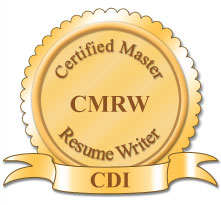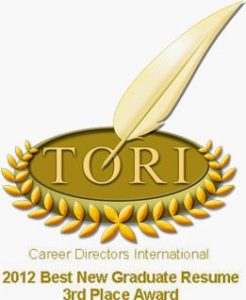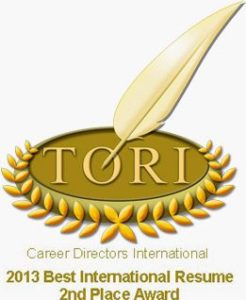 Passover started last Monday night and I was fortunate enough to attend a lovely seder (traditional Passover meal) with a family here in Madison. What especially impressed me was that they were open to discussing the contemporary implications of the traditional “four questions” (which are actually one question followed by four answers).
Passover started last Monday night and I was fortunate enough to attend a lovely seder (traditional Passover meal) with a family here in Madison. What especially impressed me was that they were open to discussing the contemporary implications of the traditional “four questions” (which are actually one question followed by four answers).
The Four Questions
Why is this night different from all other nights?
- On all other nights we eat leavened products and matzah [unleavened, cardboard-like “bread”], and on this night only matzah.
- On all other nights we eat all vegetables, and on this night only bitter herbs.
- On all other nights, we don’t dip our food even once, and on this night we dip twice.
- On all other nights we eat sitting or reclining, and on this night we only recline.
The explanation for each of the four items goes something like this:
- We eat matzah because the bread on the backs of the Jews fleeing Egypt did not have enough time to rise.
- The bitter herbs remind us of the bitterness of slavery in Egypt.
- Dipping karpas (potato, onion, or other vegetable) into saltwater reminds us that the joy of spring was tempered by the tears we cried while in Egypt. Similarly, the charoset (fruit-nut paste) into which the bitter herbs are dipped reminds us of the cement we used to create the bricks in Egypt. Again, a mix of sweetness and bitterness.
- Reclining like “royalty” is a way to commemorate our freedom.
Now you might be saying, “Thanks for the lesson in Jewish religion, but what does any of this have to do with business or job search activities?” Well, let me tell you.
The Four Questions in Our Modern Lives
- Remembering the matzah means remembering that if we rush around without giving ourselves time and space for our bread to rise, we will end up with a cardboard life. It’s the equivalent of sending out a mediocre resume or blindly taking action in a business without stepping back to strategize and consider the implications of those actions. Will we get results? Sure. But maybe not the robust ones we’re hoping for. It’s important during Passover to actually EAT matzah, not just avoid leavened food. Why? Because if we don’t eat the unleavened bread we will forget not to eat leavened food. It’s like saying “Oh, I’ll remember to call x person back” but not putting it on the calendar, then realizing at the end of the day that it never happened. Or saying “I won’t spend 3 hours on Facebook today” but failing to put any structures in place to make that happen. If we don’t eat the matzah—if we don’t create a structure for remembering—we are in danger of forgetting and falling into our routine lives. Does this ring true for you?
- We all have bitter moments to remember in our lives. We have been rejected for our dream jobs. We have had clients asking for refunds. We have made poor, often costly decisions. We have had great ideas that bombed. It’s important to remember the bitterness of those moments, even as we move on into freer and more successful times. We will then appreciate our successes more and have greater perspective when things take what seems like a bitter turn.
- On Passover we dip a symbol of new growth into a symbol of sadness, then dip something bitter into something sweet yet representative of pain. Perhaps we dip twice because if we only dipped once we would forget. Forget how “growing pains” are not just something we have as children, but a fact of life for anyone committed to their own personal development. Forget that every move forward requires letting go of the way it was before. A new job might mean saying goodbye to trusted colleagues or spending less time at home with the kids. Taking on more leadership might mean leaving a comfort zone that was, well, comfortable. Life is a mix of bitter and sweet always, and if we forget, if we start expecting it to be some other way, we are likely to become even more bitter.
- The commandment to recline “like royalty” is a great reminder to take care of ourselves and allow ourselves to be taken care of. It means taking a break from rushing around without allowing time for the bread to rise. Whatever it represents for you, consider in this season giving yourself the gift of luxuriating just a little in the abundance and joy that surrounds you.
I would love to hear your interpretation of Passover or Easter themes and how they relate to your personal or professional lives. Please share!










Brenda, Thank you for the wonderful reminder of the meaning of Passover and how we can apply those lessons to contemporary life. I took part in a seder in a Bible study class a long time ago. It was a very meaningful experience. Christians are taught to live like Easter people in the newness of life. For me, this means new beginnings are possible no matter your age or stage in life. In Savannah, the azaleas and dogwoods are in full bloom and serve as a reminder of renewal, abundance, and joy.
You’re welcome Sharla. Savannah sounds gorgeous at this time of year! I am imagining all the moss on the trees there as well which has an eerie beauty all its own. Indeed, new beginnings are always possible!